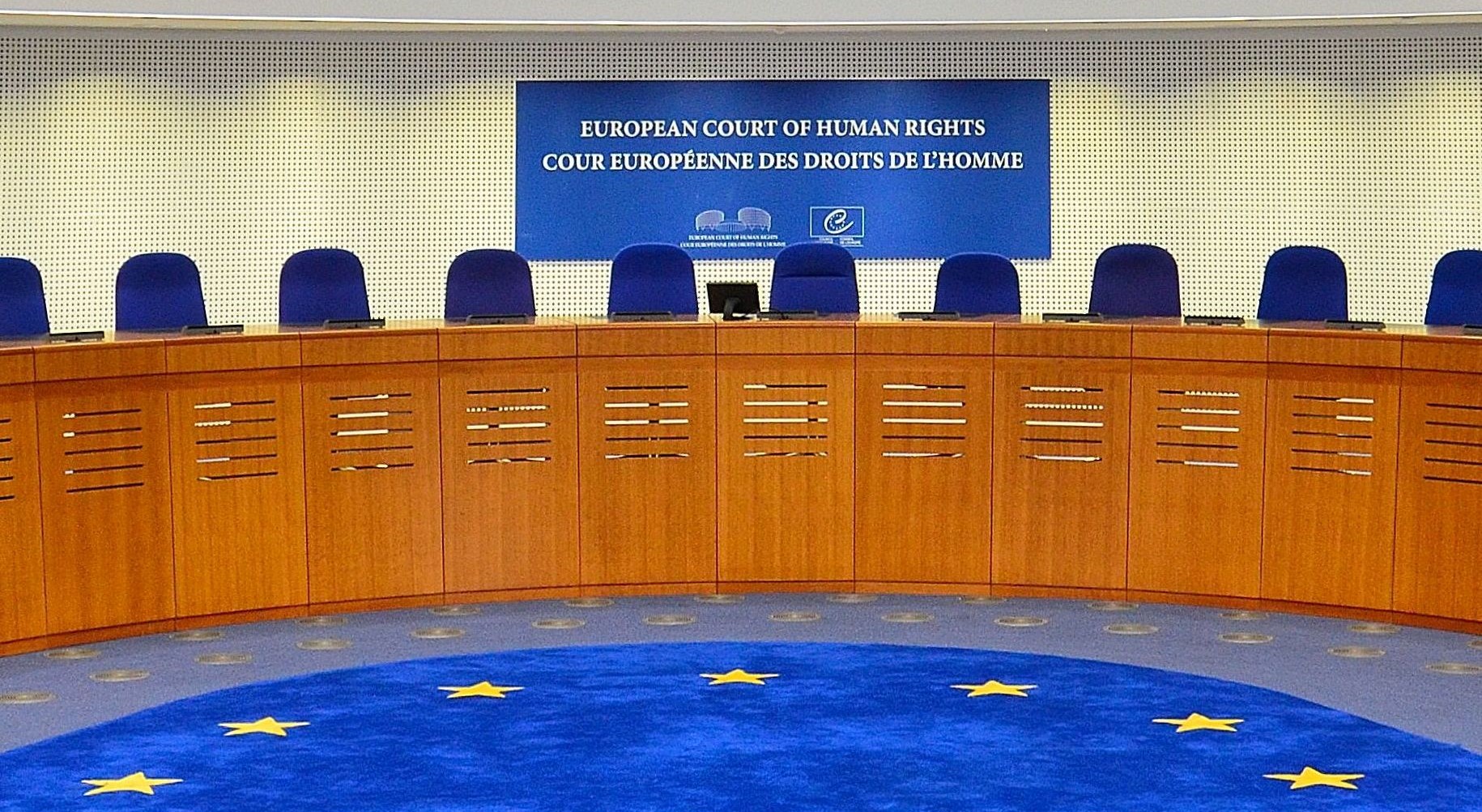Polish surveillance law violates human rights, rules European court

The European Court of Human Rights (ECHR) has ruled that a Polish surveillance law passed by the former Law and Justice (PiS) government violates the European Convention on Human Rights. The ruling, which requires Poland to change the relevant legislation, has been welcomed by the current government.
The provisions in question, which were introduced in 2016 as part of anti-terrorism measures, gave the authorities greater powers to surveil and store data.
But in a ruling yesterday, the ECHR found that they violate article 8 of the European Convention on Human Rights, which protects private and family life. The court found three violations of the article.
Judgment Pietrzak and Bychawska-Siniarska and Others v. Poland – complaints about Polish legislation on secret surveillancehttps://t.co/Rs5ddQyjH4#ECHR #CEDH #ECHRpress pic.twitter.com/9uZ7TilqIK
— ECHR CEDH (@ECHR_CEDH) May 28, 2024
First, it held that the rules “did not provide sufficient safeguards against excessive recourse to surveillance and undue interference with individuals’ private life”.
The legislation, for example, does not require courts to authorise surveillance to confirm “reasonable suspicion”. At the same time, it does not provide an avenue of appeal for persons who believe they have been subjected to surveillance.
Second, the ECHR considered that the requirement for information and communication technology providers to retain information for possible future use by the Polish authorities was formulated in a manner that represented interference with people’s privacy beyond what was “necessary in a democratic society”.
Pegasus spyware was used to surveil 578 people under the former PiS government, reports the justice minister.
Though many targets were legitimate, there were also cases where Pegasus was used against figures „inconvenient” for PiS, says another minister https://t.co/JBxMTeUSxR
— Notes from Poland 🇵🇱 (@notesfrompoland) April 16, 2024
Lastly, the ECHR concluded that “the secret-surveillance provisions in the Anti-Terrorism Act also failed to satisfy the requirements of Article 8 of the Convention” as the imposition and application of surveillance were not subject to any review by an independent body.
Decisions to apply secret surveillance were taken by the head of the Internal Security Agency (ABW), who was subject to the supervision of the prosecutor general and the minister for the security services.
The court considered that, since the functions of prosecutor general and justice minister were held by the same person, surveillance efforts could have been subject to political influence.
Spyware has been used in Poland to „systematically surveil the opposition” in order to „keep the government in power”, an EU report has found.
„The information harvested is used in smear campaigns through government-controlled state media,” it adds https://t.co/xlrZ0O8Qe4
— Notes from Poland 🇵🇱 (@notesfrompoland) May 10, 2023
The case was brought to the ECHR by five Polish lawyers: Mikołaj Pietrzak, president of the Warsaw Bar Association; Dominika Bychawska-Siniarska of the Prague Civil Society Centre; Wojciech Klicki from the Panoptykon Foundation; Barbara Grabowska-Moroz from the Institute of Democracy at Central European University; and Katarzyna Szymielewicz, co-founder of the Panoptykon Foundation.
They argued that, given their professional and public activities, it was very likely that they had been subjected to surveillance and that there was no remedy available under domestic law to complain about this and to have its lawfulness reviewed.
The ECHR considered that “given the secret nature and wide scope of the [surveillance] measures”, the applicants “could claim to be the victims of a violation of the Convention”.
The applicants did not seek compensation, arguing that the mere finding of irregularity would constitute sufficient redress. The ECHR ruled that Poland should pay their court costs and change its law on surveillance.
🚨Z ostatniej chwili: Polki i Polacy nielegalnie inwigilowani!🚨@ECHR_CEDH #ETPCz zobowiązuje Polskę do:
🔹wprowadzenia obowiązku informowania inwigilowanych,
🔹wzmocnienie kontroli nad działaniami służb.
[Analizujemy, szczegóły wkrótce] https://t.co/oEmfrWOFCq
— Fundacja Panoptykon (@panoptykon) May 28, 2024
In response, Adam Bodnar – who is now justice minister in the government that replaced PiS in office in December and who also holds the role of prosecutor general – welcomed the European court’s ruling and said that it would provide a “significant impulse for us to take further actions”.
Jakub Jaraczewski, a research coordinator at Democracy Reporting International, a Berlin-based NGO focused on democracy and human rights, called the ruling a “landmark victory of Polish lawyers”.
“It’s clearly a resounding victory against a system that coupled bad law with bad practice of Polish courts signing off on surveillance based on misplaced trust in law enforcement authorities,” he wrote on X.
🇵🇱⚖️🔎 Landmark victory of Polish lawyers (incl. @BGrabowskaMoroz) before ECtHR regarding regulation on secret surveillance in Poland. Once again, Strasbourg court finds lack of proper oversight over surveillance, in particular one set up overtly to combat terrorism. https://t.co/eti5IQN4rY
— Jakub Jaraczewski (@J_Jaraczewski) May 28, 2024
Notes from Poland is run by a small editorial team and published by an independent, non-profit foundation that is funded through donations from our readers. We cannot do what we do without your support.
Main image credit: Adrian Grycuk/Wikimedia Commons (under CC BY-SA 3.0 PL)

Agata Pyka is an assistant editor at Notes from Poland. She is a journalist and a political communication student at the University of Amsterdam. She specialises in Polish and European politics as well as investigative journalism and has previously written for Euractiv and The European Correspondent.






